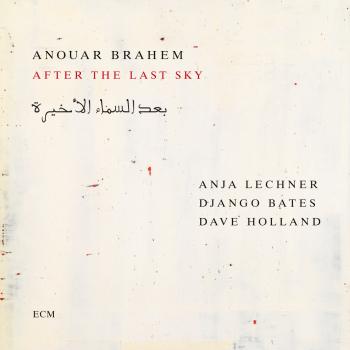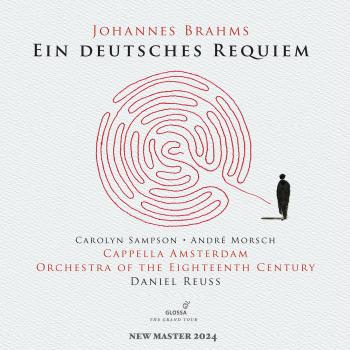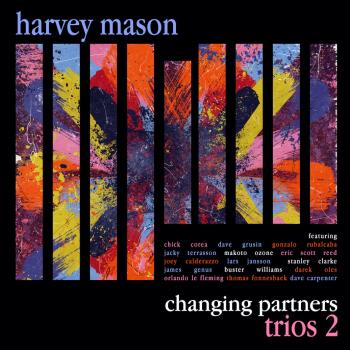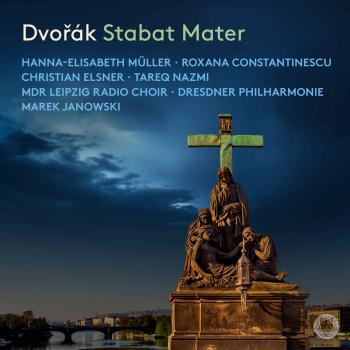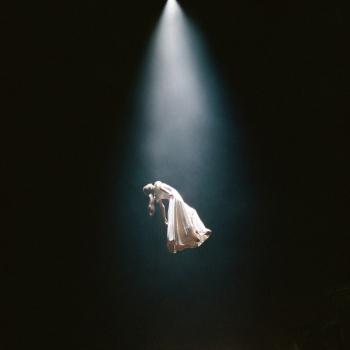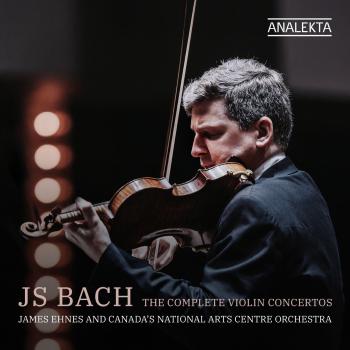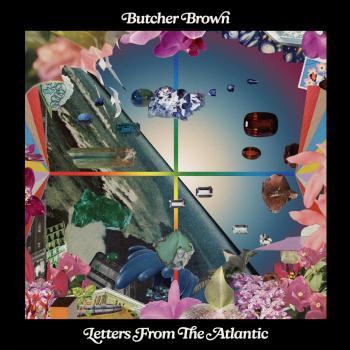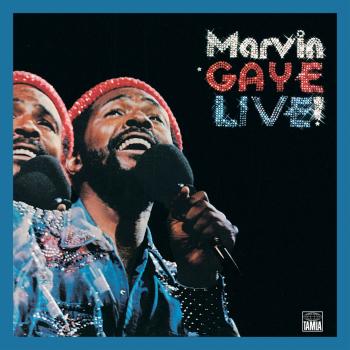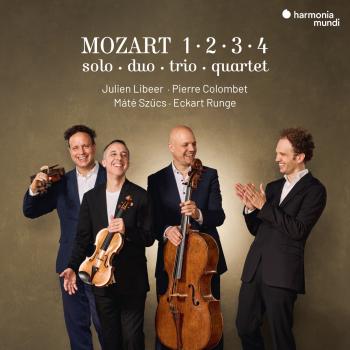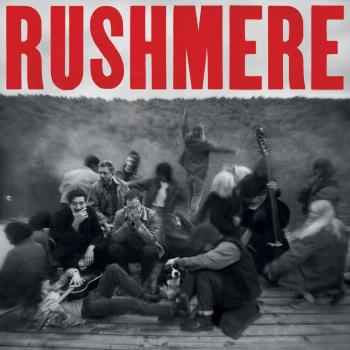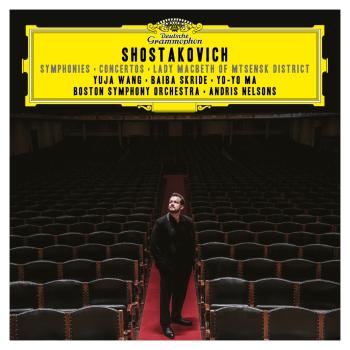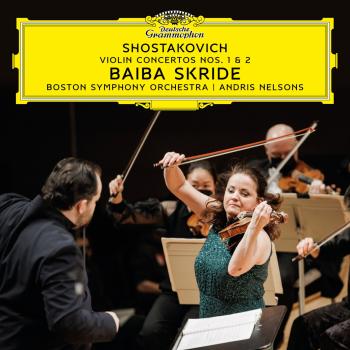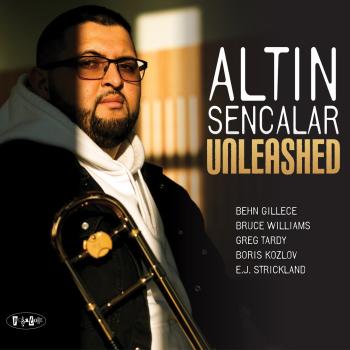
1865: Songs of Hope and Home from the American Civil War Anonymous 4 and Bruce Molsky
Album info
Album-Release:
2015
HRA-Release:
26.01.2015
Album including Album cover Booklet (PDF)
- 1 Weeping, Sad and Lonely, or, When this Cruel War is Over 05:23
- 2 Darling Nelly Gray 05:32
- 3 Hard times come again no more 04:21
- 4 Sweet Evelina 02:56
- 5 Bright Sunny South 03:20
- 6 The Southern Soldier Boy / Rebel Raid 03:47
- 7 Tenting on the Old Camp Ground 04:36
- 8 Aura Lea 05:56
- 9 Listen to the Mocking Bird 03:16
- 10 Camp Chase 02:18
- 11 Brother Green 02:58
- 12 The Faded Coat of Blue, or, The Nameless Grave 03:32
- 13 The Maiden in the Garden 03:39
- 14 The True Lover's Farewell 02:28
- 15 Home, Sweet Home / Polly Put the Kettle On 03:10
- 16 The Picture on the Wall 03:01
- 17 Abide with Me 03:25
- 18 Shall We Gather At The River 03:05
Info for 1865: Songs of Hope and Home from the American Civil War
The songs of the Civil War era tell a story about life in volatile times, with the feelings evoked by the music and lyrics – longing and grief, faith and patriotism, nostalgia and hope – utterly resonant for us even 150 years after the conflict’s end.
These are deeply human feelings, universal and timeless. While many of these songs are like discoveries in an old family chest, some are still familiar to us now. The melody of the Elvis Presley hit “Love Me Tender,” for example, can be traced back to the mid-19th-century tune “Aura Lea,” while “Shall We Gather at the River?” and Stephen Foster’s “Hard Times” remain standards in the American treasury of song. For the group’s final album before disbanding, after nearly 30 years together, Anonymous 4 has recorded the astutely researched, warmly performed '1865: Songs of Hope and Home'. With this release, Anonymous 4 not only caps its best-selling, prize-winning harmonia mundi discography; the album also completes a trilogy of Americana recordings, begun with 'American Angels' and 'Gloryland', which broadened the reach of a group renowned for its searching, affecting programs of medieval European repertoire. As with their previous Americana albums, Anonymous 4 – Ruth Cunningham, Marsha Genensky, Susan Hellauer and Jacqueline Horner-Kwiatek – sought out collaboration within the folk music community. The featured guest on 1865 is Bruce Molsky, whose fiddle, banjo, guitar and vocals are a galvanising presence. Offering advance praise for the album, National Public Radio called it “gorgeous.”
“The arrangements combine a sense of meticulous craft with joyful rhythmic freedom. Life-enhancing stuff.” (Gramophone, review of “Gloryland”)
Bruce Molsky, fiddle, banjo, guitar, vocals
Anonymous 4
Anonymous 4
Four women got together for a music reading session one afternoon in the
spring of 1986; they wanted to hear what medieval chant and polyphony
would sound like when sung by female voices. Since then, Anonymous
4 has explored music from the year 1000; the ecstatic music and poetry
of the 12th-century abbess and mystic, Hildegard of Bingen; 13th- and
14th-century chant and polyphony from England, France, and Spain;
medieval and modern carols from the British Isles; American roots music;
and works newly written for the group. The ensemble has performed on
major concert series and at festivals throughout North America, Europe,
and Asia. Enchanted by their unearthly vocal blend and virtuosic ensemble
singing, Anonymous 4’s listeners have bought nearly two million copies of
the group’s recordings on the harmonia mundi label.
Bruce Molsky
To play traditional music, you’ve got to be something of a folklorist, hand-selecting songs learned from field recordings, festivals, and old-timers. Bruce Molsky goes above and beyond: the world’s premier old-time fiddler walks around with a library’s worth of lyrics and music humming in his head.
If It Ain’t Here When I Get Back is the title of Molsky’s March 2013 release, his first album since 2006’s Soon Be Time. It is an aural autobiography, paying tribute to the people Molsky has lived his musical life with over the past 45 years and incorporating the sounds of his travels, which have taken the Bronx-born musician from Appalachia to Australia and just about everywhere in between. “Community is integral to the music,” Molsky explains. “Most of us started playing in a social context. The music is all about pulse and heartbeat - everybody has that, it’s just expressed a little differently in different places. There’s always common ground that we can find.”
And find it he does. Molsky’s brand of “global folk” has led to stints with the GRAMMY-nominated Fiddlers 4 and the Irish, Hungarian, and Dutch musicians of the supergroup Mozaik. His many cultural influences are well represented on If It Ain’t Here When I Get Back, from “Bimini Gal,” found on an LP that featured Bahamian guitarist Joseph Spence, to the playful instrumental “Growling Old Man and Grumbling Old Woman,” a traditional Métis fiddle tune learned from field recordings of the Ojibwe people in Western Manitoba.
One common element of these widespread musical cultures is the storytelling aspect of their folk music. Molsky’s unparalleled musicianship and emotive delivery of the lyrics make listeners brave the storm-tossed sea of “Wreck of the Dandenong,” a traditional tale about a nineteenth century Australian shipwreck, and long for the vast, lone prairie of “The Cowboy,” a romantic Western song penned by Glenn Ohrlin.
An avowed do-it-yourselfer, Bruce played every instrument on It Ain’t Here When I Get Back and self-produced the album, which was recorded in two sessions, noting, “It’s really intense going into the studio and trying to remain objective about the music you’re putting down.” The result is an album that’s more intimate than his previous releases, as though the listener is hearing Molsky playing on the porch or in the parlor.
Listening to If It Ain’t Here When I Get Back, it’s impossible not to hear echoes of Mike Seeger, Ray Alden (whose 1860s fretless banjo is used on “Cumberland Gap”), Tommy Jarrell, or any number of musicians recorded by Alan Lomax. Though he reveres his musical inspirations, Molsky is no recreationist. He blends myriad sounds and styles and puts his own spin on them, producing songs that are both old and new, traditional and fresh, and he makes it seem effortless.
Twenty years after the release of his first album and seventeen years since he left his day job as an engineer to pursue music full time, Bruce Molsky has released the record of his career with If It Ain’t Here When I Get Back, a deeply personal musical journey that will influence young folk musicians as he was once—and still is—influenced. “It’s a great feeling to be a link in the chain,” he says.
Booklet for 1865: Songs of Hope and Home from the American Civil War

